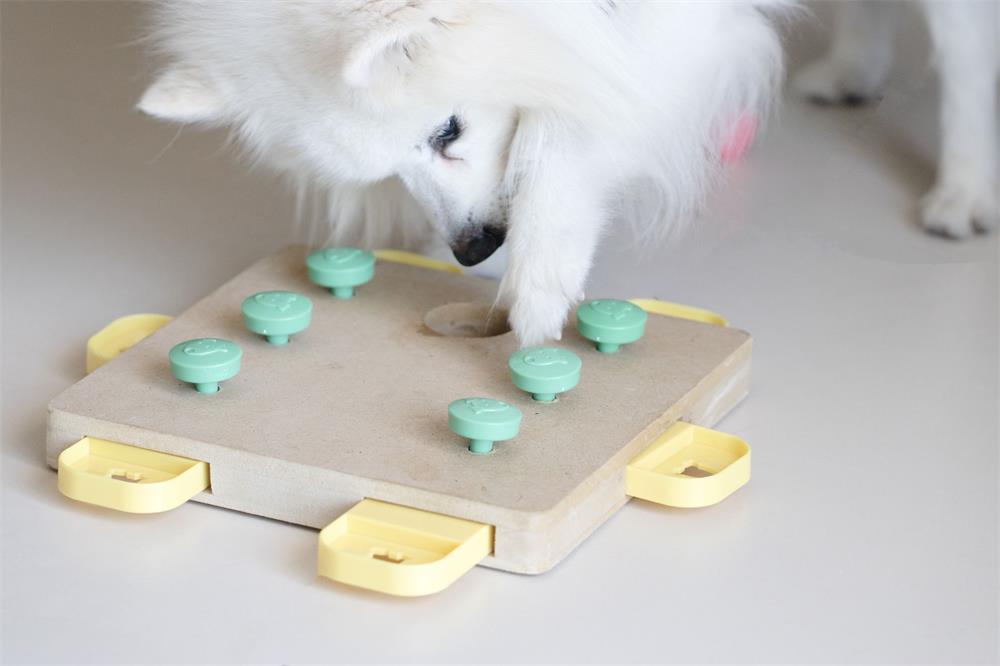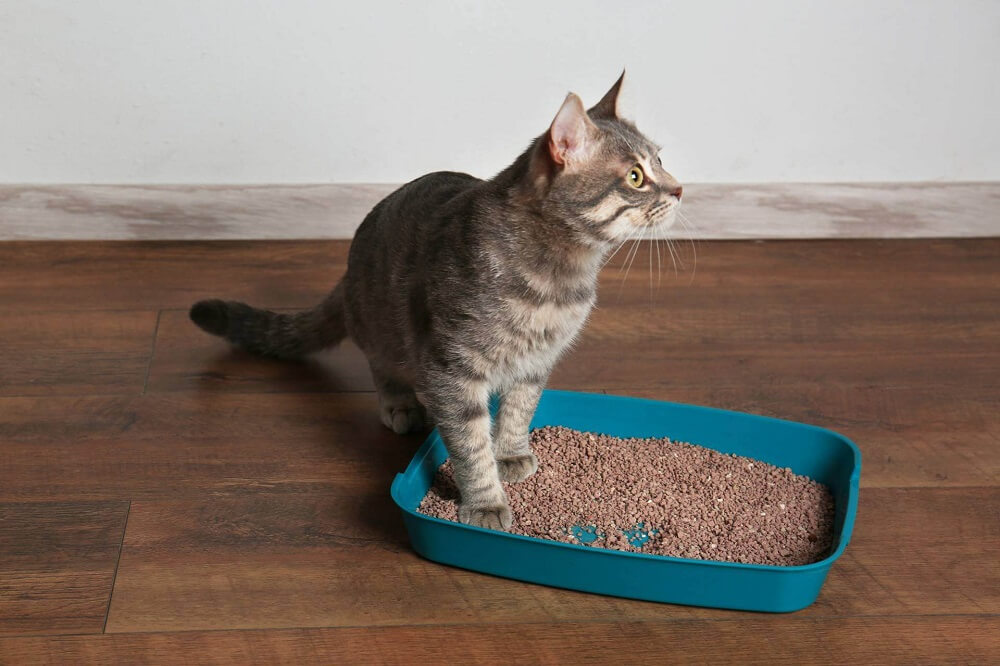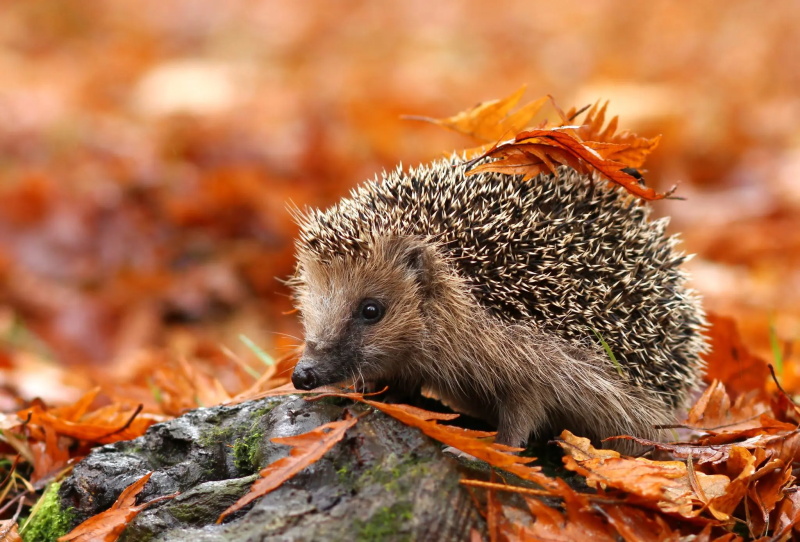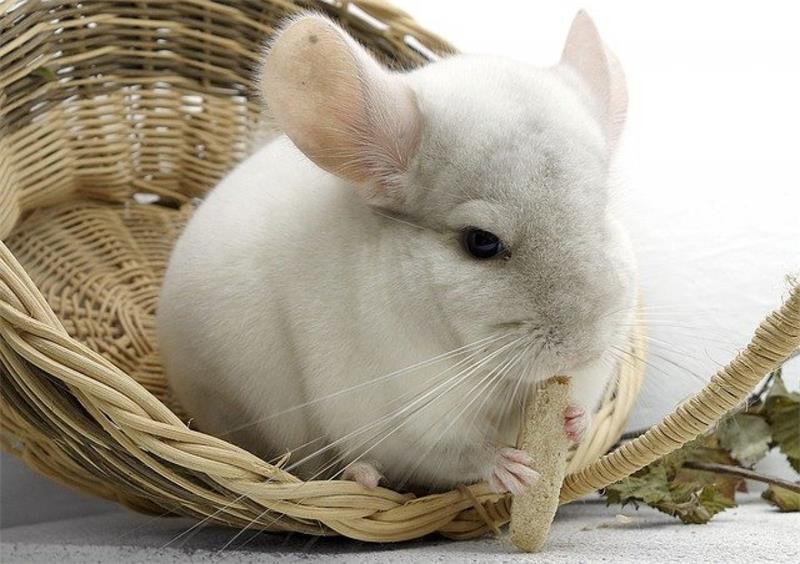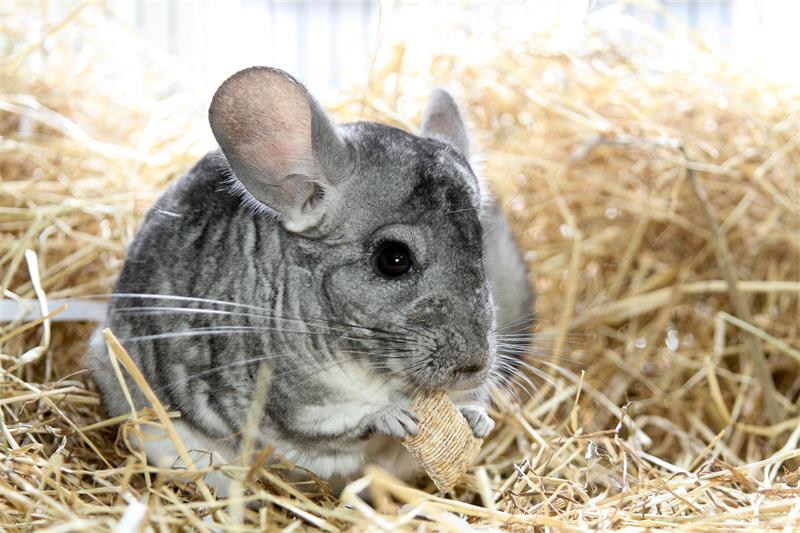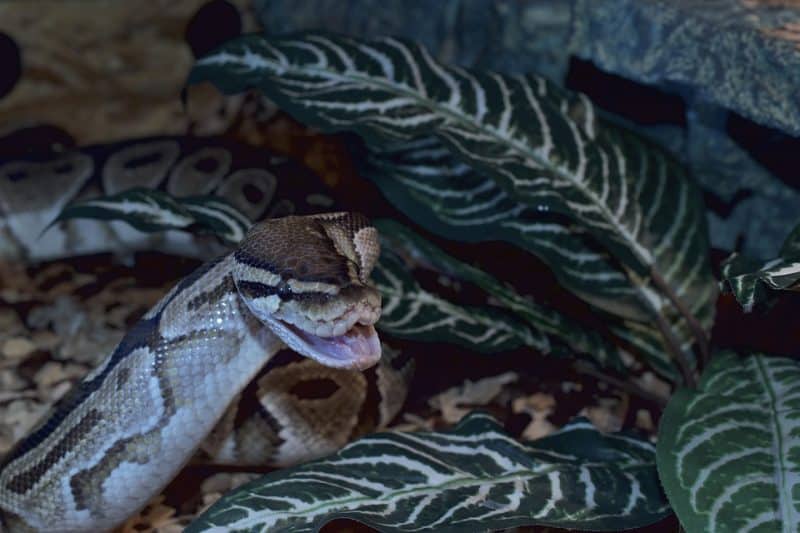
Table of Contents
Ball pythons are one of the most popular pet snakes in the world. They are known for their docile temperament, easy care, and beautiful patterns. But what if your ball python bites you? How much does it hurt? And what should you do if it happens? In this article, we will answer these questions and more.
Do Ball Pythons Bite?
The short answer is yes, ball pythons can bite. They are snakes after all, and biting is one of their natural behaviors. However, the good news is that ball python bites are very rare and usually not serious. Ball pythons are generally gentle and shy animals that prefer to avoid confrontation. They will only bite for two main reasons: defense or hunger.
Defensive Bites
A defensive bite is when a ball python feels threatened or stressed and tries to warn off a potential predator. This can happen if you handle your snake when it is shedding, digesting a meal, or feeling unwell. It can also happen if you startle your snake, grab it too roughly, or smell like its prey.
A defensive bite is usually a quick snap that the snake releases immediately. The snake does not intend to harm you, but to scare you away. A defensive bite may leave some scratches or puncture wounds on your skin, but it should not be too painful or dangerous.
Hunger Bites
A hunger bite is when a ball python mistakes your hand or finger for food. This can happen if you feed your snake by hand, or if you have recently handled its prey and still have the scent on your skin. A hunger bite is usually more intense than a defensive bite, as the snake tries to hold on and constrict its prey.
A hunger bite may cause more damage to your skin, as the snake has up to 100 small, sharp teeth that curve inward. A hunger bite may also be more painful and difficult to remove, as the snake may not let go easily. However, a hunger bite is always an accident and not a sign of aggression.
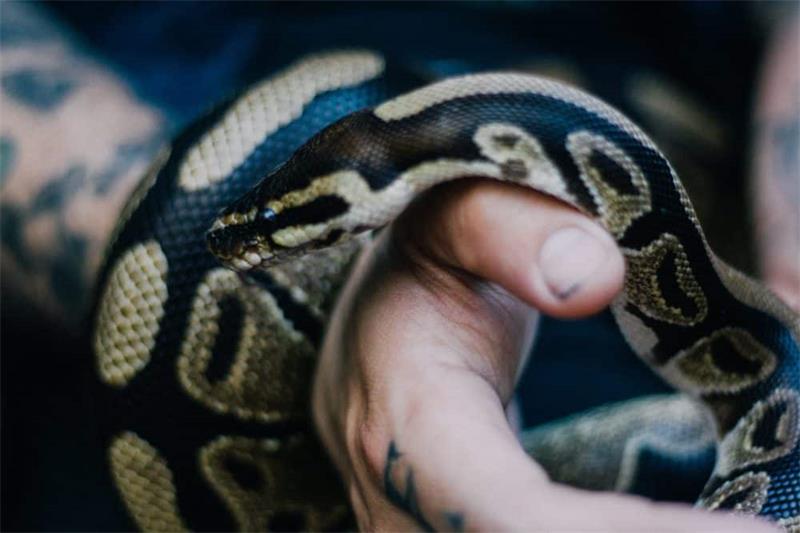
Are Ball Pythons Venomous?
No, ball pythons are not venomous. They do not have fangs or venom glands that can inject toxins into your body. Instead, they kill their prey by wrapping their bodies around it and squeezing until it suffocates. This is called constriction.
Ball pythons are harmless to humans and pose no serious threat to your health. However, any snake bite can introduce bacteria into your wound and cause infection. Therefore, it is important to treat any bite with proper care and attention.
How to Treat a Ball Python Bite
If your ball python bites you, do not panic. Stay calm and follow these steps:
- Remove the snake from your skin. If the snake is still attached to you, gently pry its jaws open with your fingers or a blunt object. Do not pull or jerk the snake away, as this may cause more damage to your skin and the snake’s teeth.
- Wash the wound with warm water and soap. Rinse off any dirt or saliva from the bite site and clean it thoroughly with mild soap.
- Apply pressure to stop the bleeding. Use a clean cloth or bandage to cover the wound and press firmly until the bleeding stops.
- Apply an antiseptic cream or ointment. This will help prevent infection and promote healing.
- Bandage the wound. Wrap the wound with a sterile dressing or gauze and secure it with tape.
- Monitor the wound for signs of infection. Check the wound daily for redness, swelling, pus, fever, or pain. If you notice any of these symptoms, see a doctor as soon as possible.
- Change the bandage regularly. Replace the dressing or gauze every day or as needed until the wound heals.
How to Prevent Ball Python Bites
The best way to avoid getting bitten by your ball python is to understand its behavior and needs and respect its boundaries. Here are some tips to prevent ball python bites:
- Feed your snake in a separate enclosure. This will help prevent hunger bites by avoiding associating your hand with food.
- Wash your hands before and after handling your snake. This will remove any traces of food or other smells that may trigger a hunger bite.
- Approach your snake slowly and calmly. Do not surprise your snake or make sudden movements. Stay in sight and let your snake see you coming. You can also gently tap the enclosure or talk softly to alert the snake of your presence.
- Let your snake smell you. Before picking up your snake, let it sniff your hand or finger. This will help your snake recognize you and feel more comfortable with you.
- Pick up the snake by the middle of its body. Do not grab the snake by the head or tail. Use one hand to gently lift the snake from underneath, supporting its weight. Use the other hand to support the rest of the body if needed.
- Let it settle. Once you have picked up your snake, let it adjust to being out of its enclosure. Hold it close to your body and avoid any sudden movements. Let your snake explore your hands and arms at its own pace. Do not force it to go where it does not want to go.
- Move with the snake. As you handle your snake, follow its movements and direction. Do not restrict its head or try to steer it. Allow your snake to move freely while giving it plenty of support. You can also gently stroke or rub its body to calm it down.
- Place your pet back in its enclosure. When you are done handling your snake, put it back in its enclosure carefully and gently. Do not drop it or toss it inside. Make sure it is comfortable and has access to water and hiding places.
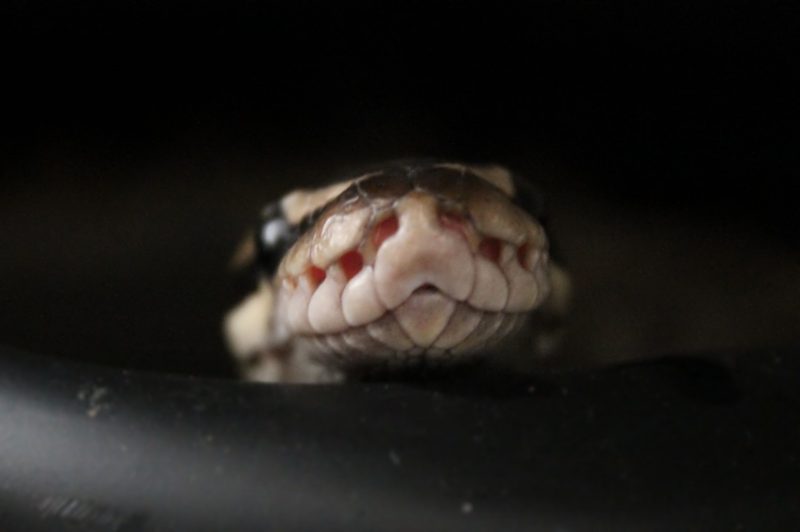
How Often Should You Handle Your Ball Python?
Handling your ball python regularly is important for several reasons. It helps you bond with your pet, socialize it, check for signs of illness or injury, and prevent stress-related problems like feeding refusal or aggression.
However, you should not handle your ball python too often or for too long. Ball pythons are solitary and secretive animals that do not need or crave human interaction as much as other pets do. Handling them too frequently or for too long can stress them out and make them unhappy.
As a general rule, you should handle your ball python 3 to 5 times a week, for about 15 to 20 minutes at a time. This will give you enough time to interact with your pet without overwhelming it.
Of course, this may vary depending on the individual personality and preferences of your snake. Some ball pythons may enjoy handling more than others, while some may prefer less or none at all. You should observe your snake’s behavior and body language and adjust accordingly.
When Should You Not Handle Your Ball Python?
There are certain situations when you should avoid handling your ball python altogether, as it may cause more harm than good. These include:
- Right after you bring it home. As we mentioned earlier, you should give your new ball python some time to settle in before attempting any handling activities. This will reduce their stress levels and help them acclimate to their new environment.
- During the shedding period. When your ball python is about to shed its skin, it may become more irritable and defensive than usual. Its eyes may also turn cloudy, impairing its vision and making it more nervous. Handling your snake during this time may stress it out and interfere with the shedding process.
- After feeding. After eating a meal, your ball python will need some time to digest it properly. Handling your snake right after feeding may cause regurgitation, which can be harmful to both you and your pet. You should wait at least 48 hours after feeding before handling your snake again.
- When injured. If your ball python has any injuries or wounds, you should avoid handling them until they heal. Handling may aggravate the injury and cause pain or infection. You should also consult a veterinarian if the injury is serious or does not heal on its own.
- When under stress. If your ball python is showing signs of stress, such as hissing, striking, hiding, refusing food, or curling into a ball, you should leave it alone and try to identify and eliminate the source of stress. Handling may worsen the situation and make your snake more unhappy.
Conclusion
Ball pythons are wonderful pets that can be handled safely and easily with proper care and respect. By following these tips, you can ensure that you and your ball python have a positive and enjoyable experience with handling. Remember to always be gentle, calm, and attentive when interacting with your snake, and respect its needs and preferences.
Handling your ball python does not have to hurt, as long as you are careful and responsible. Ball pythons are not venomous and do not bite often or severely. However, any bite can cause injury or infection, so you should treat it with proper care and attention.



